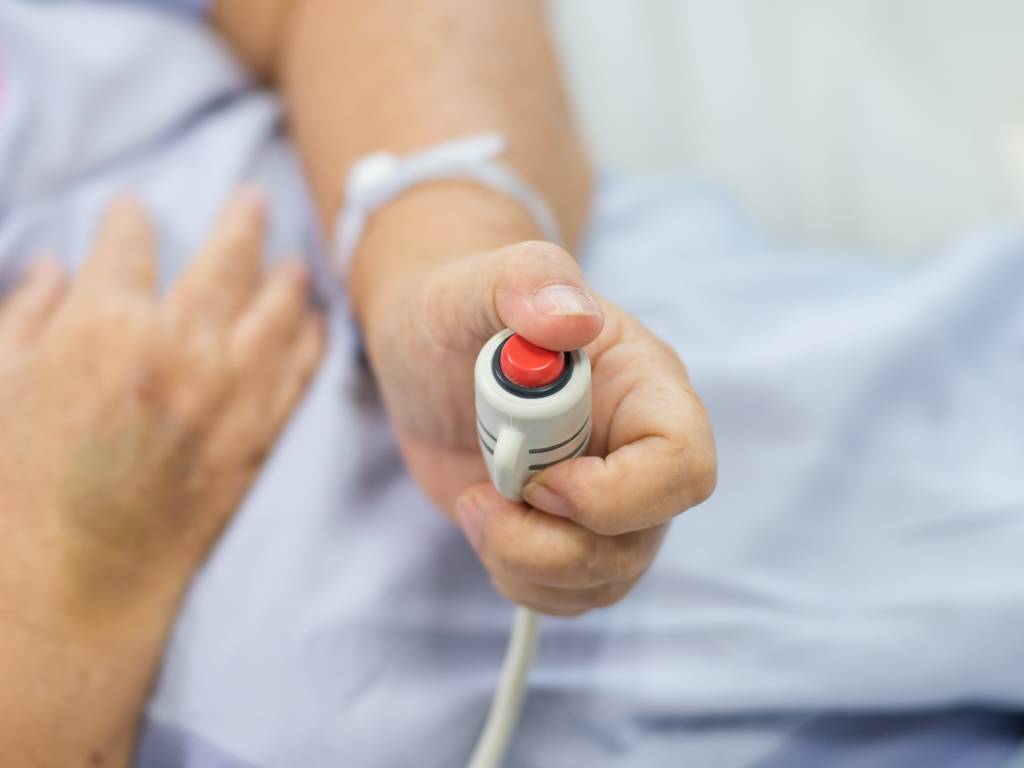If you are concerned about your elderly loved one who insists on living at home, a medical alert system can make any senior’s independence so much safer. A medical alert system is a wonderful, affordable investment that offers peace of mind as well as the benefit of getting emergency help FAST.
How a Medical Alert System Makes All the Difference
People over the age of 65 will find a medical alert system especially helpful. This age group sees the most falls, which in many cases can lead to serious complications or even death. Bones become brittle, reflexes are slower, and balance can be compromised. Regardless of age, a medical alert system assists those who have certain illnesses or handicaps that sometimes require immediate medical attention.
 When an elderly person is alone, falls can happen–and a fall leaves him or her unable to get up or reach the phone. Medical alert systems feature a wearable device that’s connected to a landline phone. When an emergency like a fall occurs, medical and police help can be called with the push of a button. Having an alert system, such as a wearable emergency button, can mean the difference between getting help in five minutes or five hours.
When an elderly person is alone, falls can happen–and a fall leaves him or her unable to get up or reach the phone. Medical alert systems feature a wearable device that’s connected to a landline phone. When an emergency like a fall occurs, medical and police help can be called with the push of a button. Having an alert system, such as a wearable emergency button, can mean the difference between getting help in five minutes or five hours.
What Type of Medical Alert Systems to Buy
When looking to purchase a medical alert system, there are several factors and options to consider. You need to carefully weigh the medical problems your loved one has and their ability to communicate what they need in a crisis, their overall health condition, and so on. Then it’s important to consider the different costs, effectiveness levels, and added features that these alert systems have available.
The main feature of every available system is one or more wearable devices (such as a pendant, bracelet, or belt clip) that connect to the person’s landline and enables them to call for to emergency help.
There is always a form of two-way voice communication between the medical alert company and the senior. Batteries are a standard backup if a power outage occurs. Automatic alerts take over if the senior cannot speak.
We cannot control everything that happens when we aren’t around, but all family members involved can feel reassured knowing there is extra emergency help available when needed without intruding on the senior’s independence.
Like anything, it’s always a good idea to be aware of the latest research. We recommend comparing at least 3 or 4 options before making a final decision. Doing a search online is typically the quickest, most thorough way to discover all the pros and cons you need to keep in mind.